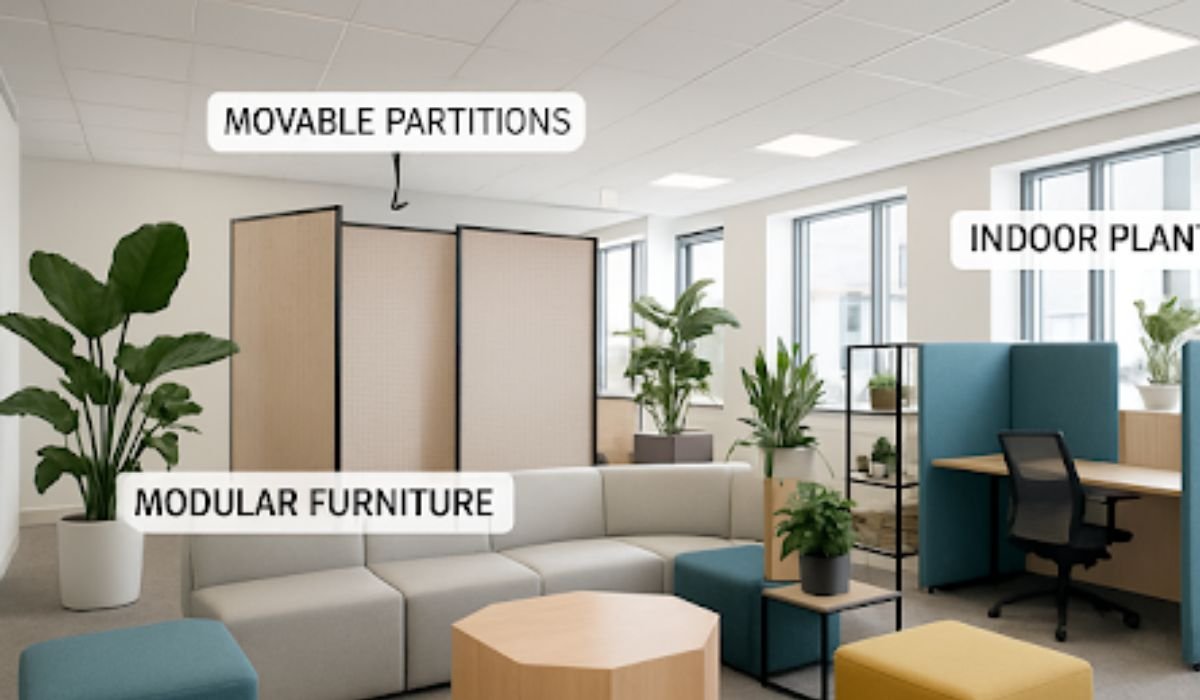Sleep is a crucial part of life, yet many struggle to achieve the quality rest necessary for health and well-being. As scientific research progresses, fascinating findings continue to emerge in the field of sleep science.
These discoveries hold the potential to transform the way we approach sleep, offering practical solutions for improving rest and addressing common sleep disorders.
The latest studies present refreshing insights that could lead to more effective habits and routines. By understanding these developments, readers can enhance their sleep quality and, consequently, their overall health.
Here are 6 tips to getting that coveted restful sleep.
1. Cognitive Behavioral Therapy for Insomnia (CBT-I)
Cognitive Behavioral Therapy for Insomnia (CBT-I) is recognized as a primary treatment for chronic insomnia. It addresses the thoughts and habits that disrupt sleep.
By changing these behaviors, individuals often experience improved sleep quality and duration.
CBT-I involves techniques like sleep restriction, which limits time spent in bed to match actual sleep duration. This method can initially lead to increased tiredness but eventually helps consolidate sleep.
Sleep hygiene education also plays a role, highlighting the importance of a consistent sleep schedule and a conducive bedroom environment.
Research supports CBT-I’s effectiveness. For example, a meta-analysis showed significant reductions in sleep latency and wake time after sleep onset. This therapy can be delivered face-to-face or digitally, offering flexibility in treatment.
2. Blue Light Blocking Glasses
Blue light from screens is known to disrupt sleep patterns by affecting melatonin production.
Blue light blocking glasses are designed to filter this light, promoting better sleep quality. These glasses often block around 99% of harmful rays.
Some brands like Ocushield specialize in creating lenses that target these specific wavelengths.
Sleep experts suggest that certain styles, such as the orange lenses by Swanwick, may offer more effective blue light reduction compared to regular lenses.
In recent years, these glasses have gained popularity among those seeking to enhance their sleep without altering their screen time habits.
3. Weighted Blankets
Weighted blankets have gained popularity as a tool to improve sleep quality. These blankets apply gentle pressure, mimicking the feeling of being hugged, which can calm the nervous system.
This soothing effect helps many people relax and fall asleep more easily.
Research highlights the benefits of using weighted blankets for reducing anxiety and enhancing comfort during sleep.
They often come in different weights to match the user’s body weight. Typically, the recommended weight is about 10% of the sleeper’s body weight.
Some popular options include the Sleep Number True Temp Weighted Blanket, known for its comfort and versatility. These blankets often include washable, breathable covers, ensuring easy maintenance and long-lasting use.
4. Magnesium Glycinate Supplements
Magnesium glycinate is often suggested as a supplement for better sleep. It is known for its calming properties, which many find helpful for relaxation.
This particular form of magnesium is gentle on the stomach, making it a preferred choice for those with sensitive digestive systems.
Research from reputable sources like the Mayo Clinic indicates that magnesium can improve sleep quality by supporting GABA production, a neurotransmitter that promotes calmness.
Some experts recommend a dosage of 100 to 350 milligrams daily, as mentioned by Women’s Health, to avoid unwanted side effects and optimize its effectiveness in enhancing sleep.
5. Sleep Cycle Regulation Through Morning Sunlight
Morning sunlight plays an important role in managing the body’s sleep cycle. Exposure to sunlight early in the day helps align the body’s internal clock, also known as the circadian rhythm.
This alignment can assist in promoting better sleep patterns.
When people experience morning sunlight, it acts as a natural sleep aid, affecting the production of hormones like melatonin. This hormone starts to be released about 12-14 hours after seeing sunlight, encouraging a healthy sleep-wake cycle.
Additionally, sunlight sets the stage for improving rest and boosting mood.
In urban areas, where direct sunlight exposure might be limited, using a light therapy box can simulate morning sunlight. This method might help keep their routine on track and support better sleep health.
6. NASA-Developed Cooling Mattress Technology
NASA technology has long impacted consumer comfort, including advancements in sleep products. Memory foam, originally developed by NASA to improve aircraft seat cushioning, is now a staple in mattresses.
This foam adapts to body temperature, providing better rest by reducing pressure points.
Newer innovations focus on regulating temperature. Some products use spacesuit technology for optimal sleeping conditions.
The Adaptive Comfort Bedding integrates these ideas to maintain consistent temperature, reducing night sweats for many.
These products are continually evolving, using the latest in science to improve sleep quality. Innovations like these make NASA’s contributions to everyday life invaluable for enhancing sleep experiences.
Follow these tips for better sleep.
With the rapid advancements in sleep science, understanding the importance of quality rest is more accessible than ever.
Incorporating regular exercise, managing stress, and maintaining a sleep-friendly environment can improve sleep patterns significantly.
Embrace these strategies to boost your health and well-being now. Rest better, live better.











